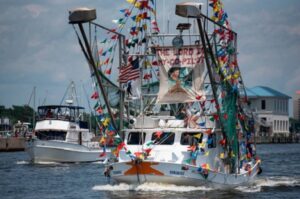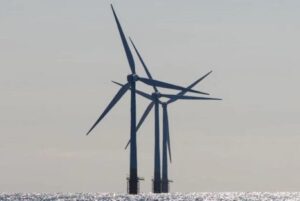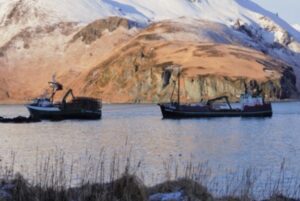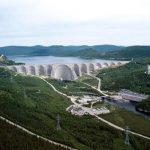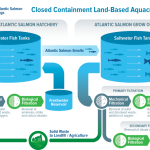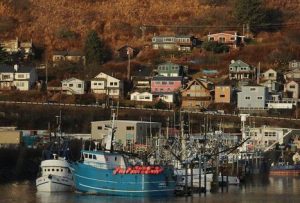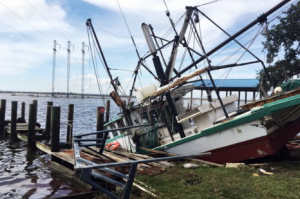Tag Archives: Vancouver Island
Mass mortality: A fish scientist follows a tip about die-offs at B.C. salmon farms
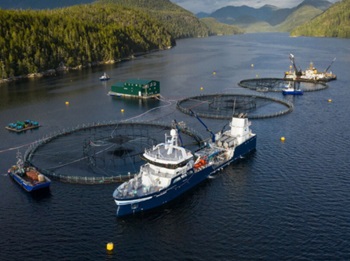 A tipster had told Proboszcz, a fisheries biologist at Watershed Watch Salmon Society, that salmon farms off the coast had been experiencing mysterious and massive die-offs and nobody was saying anything about it. “Yeah, it was a little crazy,” said Proboszcz of his decision to make the long trip. “But he didn’t know why they were dying.” Before Proboszcz left, a colleague had tracked a number of boats that were allegedly bringing fish all the way around the south end of Vancouver Island and into the Nanaimo area. But the boats had nearly finished shuttling all the fish, according to the anonymous source. Desperate, Proboszcz had tried to hire a skiff and even a helicopter to see what was going on. But nothing worked out, and so he decided to take matters into his own hands. Photos, more, >>CLICK TO READ<< 14:25
A tipster had told Proboszcz, a fisheries biologist at Watershed Watch Salmon Society, that salmon farms off the coast had been experiencing mysterious and massive die-offs and nobody was saying anything about it. “Yeah, it was a little crazy,” said Proboszcz of his decision to make the long trip. “But he didn’t know why they were dying.” Before Proboszcz left, a colleague had tracked a number of boats that were allegedly bringing fish all the way around the south end of Vancouver Island and into the Nanaimo area. But the boats had nearly finished shuttling all the fish, according to the anonymous source. Desperate, Proboszcz had tried to hire a skiff and even a helicopter to see what was going on. But nothing worked out, and so he decided to take matters into his own hands. Photos, more, >>CLICK TO READ<< 14:25
Vancouver Island fishermen to be honored for daring sea rescue
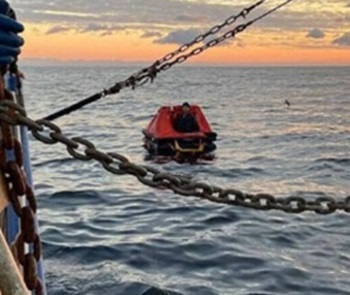 As Ryan Planes was in the middle of setting out his fishing gear off the West Coast of Vancouver Island in October, he noticed a bright orange speck about half a kilometre away. Upon first glance, he mistook it for ocean debris. Then, as he peered through his binoculars, he identified a life-raft, with a man waving a paddle, signalling for help. A few moments later, the man set off what was his last flare. The crew of five people on the Ocean Sunset, including Capt. John Planes (Ryan’s uncle), had found a mariner who had been adrift at sea on a life raft for almost two weeks. more, >>click to read<< 16:40
As Ryan Planes was in the middle of setting out his fishing gear off the West Coast of Vancouver Island in October, he noticed a bright orange speck about half a kilometre away. Upon first glance, he mistook it for ocean debris. Then, as he peered through his binoculars, he identified a life-raft, with a man waving a paddle, signalling for help. A few moments later, the man set off what was his last flare. The crew of five people on the Ocean Sunset, including Capt. John Planes (Ryan’s uncle), had found a mariner who had been adrift at sea on a life raft for almost two weeks. more, >>click to read<< 16:40
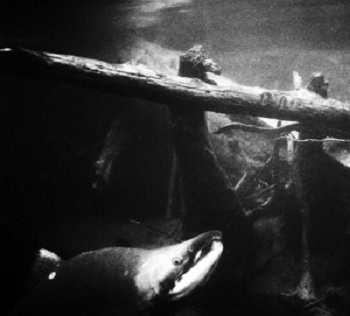
A virus that flourishes in fish farms is now threatening wild populations.
Wild salmon in British Columbia are in trouble. According to one estimate, some populations have dropped by as much as 93 percent since the early 1990s. Lately, the situation has grown dire.,, Last year, the number of sockeye returning to spawn in the Fraser River crashed to a record low. It’s hard to say exactly why this is happening, though logging, climate change, and overfishing all seem to play a role. Among the most controversial potential factors, however, is the virus Piscine orthoreovirus, or PRV. The virus isn’t necessarily fatal, but infected fish may be weakened and unable to swim as fast, making them more likely to be eaten by predators or fail to migrate upriver in order to spawn,,, Not everyone agrees. Among the dissenters is Fisheries and Oceans Canada-DFO,,, >click to read< Killing Sea Lions to Save the Salmon, February 1,1925, Dorothy G. Bell, >click to read< 19:39
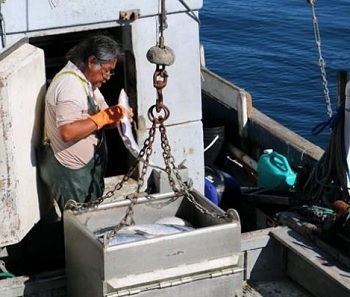
First Nations on Vancouver Island celebrate B.C. Court of Appeal fisheries ruling
Canada must remedy problems in commercial fishery regulations arising from a legal battle that was first launched in 2003 by a group of Vancouver Island First Nations, the British Columbia Court of Appeal has ruled. While there is no demonstrated need to make mandatory orders, they would “remain available if Canada does not act diligently to remedy the problems,” Justice Harvey Groberman wrote in a decision released Monday. >click to read< 09:24

“We just met out of the blue,” – B.C. couple celebrating nearly 70 years of Valentine’s
Inspirational stories leading up to Valentine’s Day are abundant, but few can match how true love has stood the test of time quite like long-time Chemainus couple Ejlif and Anna Mose. They’ll be celebrating their 70th wedding anniversary this year on June 9. Ejlif will turn 93 on June 9 and Anna reaches another milestone later in the year with her 90th birthday on Oct. 8. “We came to Canada, fell in love with it, Vancouver Island, and we’re still here,” enthused Ejlif. But commercial fishing was in Ejlif’s blood and he just stepped up that aspect of his life when the mill closed. He bought a bigger boat and fished fulltime after that. With the family all grown up, Anna went out fishing with him for 10 years. >click to read<, and Congratulations!
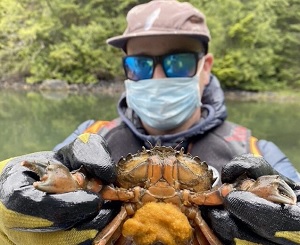
Vancouver Island: Invasion of the green crab
The invasive European green crab is proliferating at an alarming rate on the west and southern coasts of Vancouver Island, devouring smaller Dungeness crab and bivalves as well as the eelgrass that is critical to young salmon. The Department of Fisheries and Oceans has identified hotspots around Sooke and Barkley Sound, but environmental groups and First Nations say the green crab’s infestation extends to Haida Gwaii and likely most parts of the B.C. coast. They say “industrial trapping” of the green crab is essential before it wipes out local species and key habitats. >click to read< 19:19
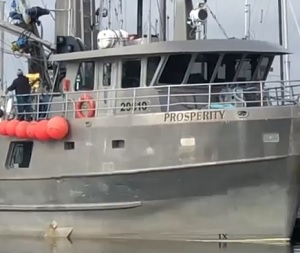
Vancouver Island: Controversy grows as herring fishery approaches
Anticipation is growing in French Creek’s harbour as herring boats began to fill it Wednesday ahead of the fishery opening. The opening could be any day. Fisheries and Oceans test boats have already recorded herring returning to spawn. “Could be any minute now, you know Mother Nature is temperamental,” said Captain of the Pender Isle Jason Roberts. Video, >click tp read< 12:32
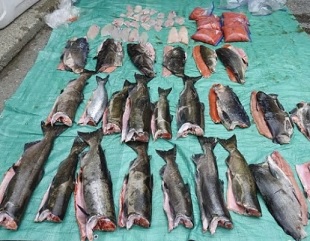
Boat and 26 chinook seized amid allegations of overfishing off B.C.’s coast by 3 non-residents
Vancouver Island RCMP have seized a nine-metre fishing boat and more than two dozen chinook salmon over what they say are allegations of “significant overfishing.”The RCMP say they received a report Wednesday of possible Fisheries Act violations by those aboard the vessel on the west side of Vancouver Island near Nootka Sound. In a news release, police allege officers with the Fisheries Department found more than two dozen chinook salmon, about 24 kilograms of salmon roe, 18 rock cod fillets and eight ling cod fillets. >click to read< 19:39
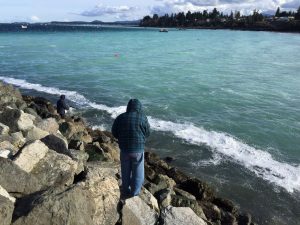
Vancouver Island cholera outbreak ‘a unique situation,’ health officials say
Cholera tends to be spread by consuming water contaminated with infectious feces, but epidemics caused by infectious raw fish and seafood have also been reported, according to the health agency. The disease incubates for a few hours to several days. The cases in B.C. have been traced back to consumption of herring spawn, “a treasured traditional food source for First Nations throughout Vancouver Island,” Waters said. >click to read<11:05
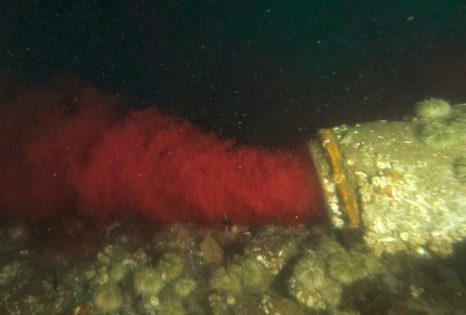
B.C. fish processors spewing potentially dangerous bloodwater into key salmon migration corridor
Salmon farming in British Columbia has long faced controversy, with concerns about fish escapes, antibiotic use, and the spread of viruses and sea lice. Most of the anger and calls for change have been directed at fish farms, but CTV News has obtained video footage that shows fish processing plants may be contributing to problems as well. The video shows a farmed-salmon processing plant in the Discovery Passage channel off Vancouver Island discharging bloody effluent from a pipe under the water – effluent that tests have shown contains a highly contagious fish virus. click here to read the story 16:26
Six pilot studies test sea urchin farming in Canada
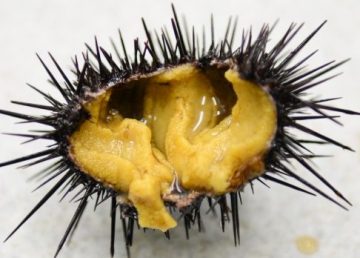 Federal scientists and others are exploring the possibility of sea urchin farming in Canada, with at least six pilot studies using Norwegian technology that proponents hope will turn “zombie” urchins which can denude kelp beds into profitable seafood. The first of the studies, conducted by Fisheries and Oceans Canada, is expected to start next week in waters off Vancouver Island, with others planned for Newfoundland, Quebec and Nova Scotia. Wild urchins are harvested in B.C. and elsewhere, but aren’t farmed commercially anywhere in Canada — yet. But the efforts to birth a new aquaculture industry are already running into questions about the ecological cost. Read the story here 09:11
Federal scientists and others are exploring the possibility of sea urchin farming in Canada, with at least six pilot studies using Norwegian technology that proponents hope will turn “zombie” urchins which can denude kelp beds into profitable seafood. The first of the studies, conducted by Fisheries and Oceans Canada, is expected to start next week in waters off Vancouver Island, with others planned for Newfoundland, Quebec and Nova Scotia. Wild urchins are harvested in B.C. and elsewhere, but aren’t farmed commercially anywhere in Canada — yet. But the efforts to birth a new aquaculture industry are already running into questions about the ecological cost. Read the story here 09:11
Alberta-based owner promises to invest millions in Bamfield
 Millions of dollars are about to be invested in the tiny hamlet of Bamfield on the west coast of Vancouver Island, promises the owner of many of the community’s increasingly dilapidated properties. continue reading
Millions of dollars are about to be invested in the tiny hamlet of Bamfield on the west coast of Vancouver Island, promises the owner of many of the community’s increasingly dilapidated properties. continue reading






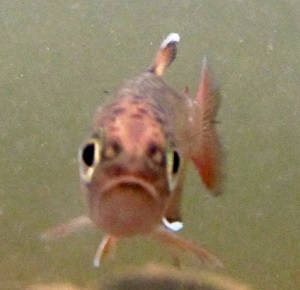
 Gooseneck barnacles, which grow on the rocks below the high tide line off the west coast of Vancouver Island, are prized in Spain and served as appetizers by high-end restaurants across North America. With a shell-like top and stubby stalks of rich meat beneath, goosenecks resemble clumps of asparagus. However, the best ones are hard to reach and risky to harvest. “It could be a really big industry, we just got to get the word out,”
Gooseneck barnacles, which grow on the rocks below the high tide line off the west coast of Vancouver Island, are prized in Spain and served as appetizers by high-end restaurants across North America. With a shell-like top and stubby stalks of rich meat beneath, goosenecks resemble clumps of asparagus. However, the best ones are hard to reach and risky to harvest. “It could be a really big industry, we just got to get the word out,” 


























